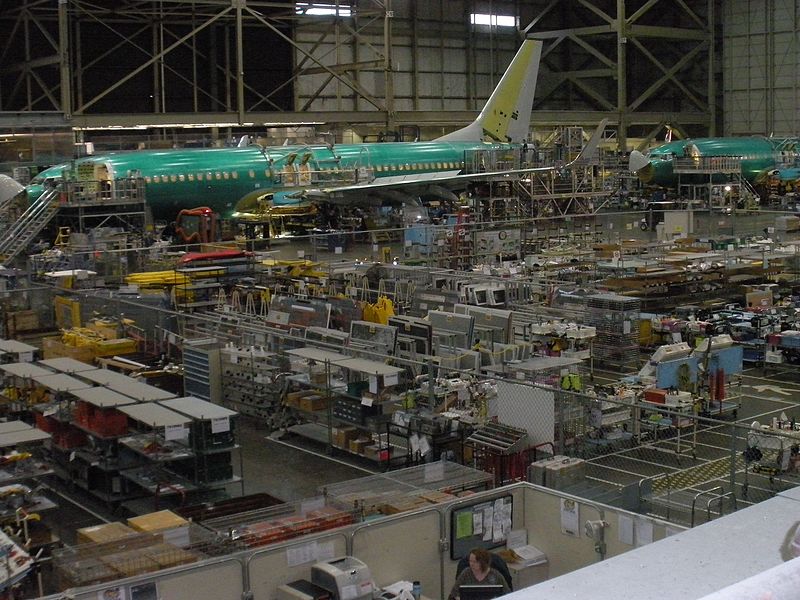Boeing cuts 737 production
05 April, 2019
3 min read


Boeing is cutting 737 production and has appointed a special committee to review safety as it continues to grapple with the grounding of the Boeing 737 MAX aircraft after two fatal crashes in less than five months.
Boeing chief executive Dennin Muilenburg announced the manufacturer would cut 737 production from a rate from a record 52 a month to 42 as it continues to work to get changes to the plane’s software and training regime certified.
The production change would start in mid-April and would see production teams maintain the current employment levels, he said.
“We are coordinating closely with our customers as we work through plans to mitigate the impact of this adjustment,’’ he said.
“We will also work directly with our suppliers on their production plans to minimize operational disruption and financial impact of the production rate change.”
The move comes after he company conceded its controversial Maneuvering Characteristics Augmentation System (MCAS) software was a factor in both the crash of Lion Air 610 in October last year and Ethiopian Flight 302 on March 10. The two crashes killed 346 people.
READ: Boeing concedes MCAS involved in two fatal flights
Both crashes involved a chain of events in which included the erroneous activation of MCAS and pilots struggling to cope with it.
Ethiopian investigators say the pilots involved in the ET302 crash followed procedures to turn off power to trim stabilizer system emphasized by Boeing and the US Federal Aviation Administration in the wake of the Lion Air crash.
However, they appeared to turn the power back on after they were unable to trim the plane manually and questions have been raised about the plane’s high speed and its role in the failure of the recovery procedures.
Boeing has developed changes to the software and training and said late last month the rigor with which it had tested the modifications give it complete confidence in the safety of the function and of the aircraft.
Nonetheless, the FAA subsequently announced Boeing needed time to do additional work to ensure it had "identified and addressed all pertinent issues".
Airlines operating the 737 MAX have been adjusting their schedules to compensate for the grounded planes, with at least one taking it out of rotation until July.
The Boeing CEO said he had also asked the company’s board to form a committee “to review our company-wide policies and processes for the design and development of the airplanes we build”.
“The committee will confirm the effectiveness of our policies and processes for assuring the highest level of safety on the 737-MAX program, as well as our other airplane programs, and recommend improvements to our policies and procedures,’’ he said.
The committee will be chaired by US Joint Chiefs of Staff chairman Admiral Edmund P. Giambastiani, Jr., (Ret.).
Other members are Duke Energy chairman and chief executive Lynn J. Good, Amgen chief executive and chairman Robert A. Bradway and the former head of Allstate Corporation, Edward M. Liddy.
“Safety is our responsibility, and we own it,’’ Muilenburg said.
“When the MAX returns to the skies, we've promised our airline customers and their passengers and crews that it will be as safe as any airplane ever to fly.
“ Our continued disciplined approach is the right decision for our employees, customers, supplier partners and other stakeholders as we work with global regulators and customers to return the 737 MAX fleet to service and deliver on our commitments to all of our stakeholders.”
Next Article
2 min read
Qantas triples profit but misses mark

Get the latest news and updates straight to your inbox
No spam, no hassle, no fuss, just airline news direct to you.
By joining our newsletter, you agree to our Privacy Policy
Find us on social media
Comments
No comments yet, be the first to write one.
